Yesterday (May 18), US President Joe Biden arrived in Japan to prepare for the G7 Summit. Right before the summit, Mr. Biden held talks with Japanese Prime Minister Fumio Kishida. Through the meeting, the two sides continued to make strong commitments to coordinate responses to world issues such as the war in Ukraine and challenges in the Indo- Pacific . These are also topics expected to be on the agenda of this G7 Summit.
Competitive influence
On the same day, May 18, responding to Thanh Nien , Professor Yoichiro Sato (international relations expert, Ritsumeikan Asia- Pacific University, Japan; Senior Scholar of the Yusof Ishak Institute of Southeast Asian Studies, Singapore) pointed out: "This year's conference has many guests from the region that has recently been called the "southern hemisphere" (often used to refer to developing countries and emerging countries in Central and South America, Africa, South Asia, or Southeast Asia)".
This comes from the general context of the world, as he analyzed: "China and Russia are trying to take advantage of other countries in BRICS (a group of Brazil, Russia, India, China and South Africa), to form a diplomatic counterweight to the growing alliance between NATO members and the "Quad" group (US - Japan - Australia - India). The African bloc and the Pacific Islands bloc have a lot of representatives in the UN. China's pursuit of natural resources and military access to the two regions mentioned above, makes Japan and its allies suspicious. Tokyo is aiming to counter the aid diplomacy that Beijing is conducting. Meanwhile, India has shown an autonomous foreign policy, typically in its policy towards Russia at a time when the West is applying sanctions against Moscow".
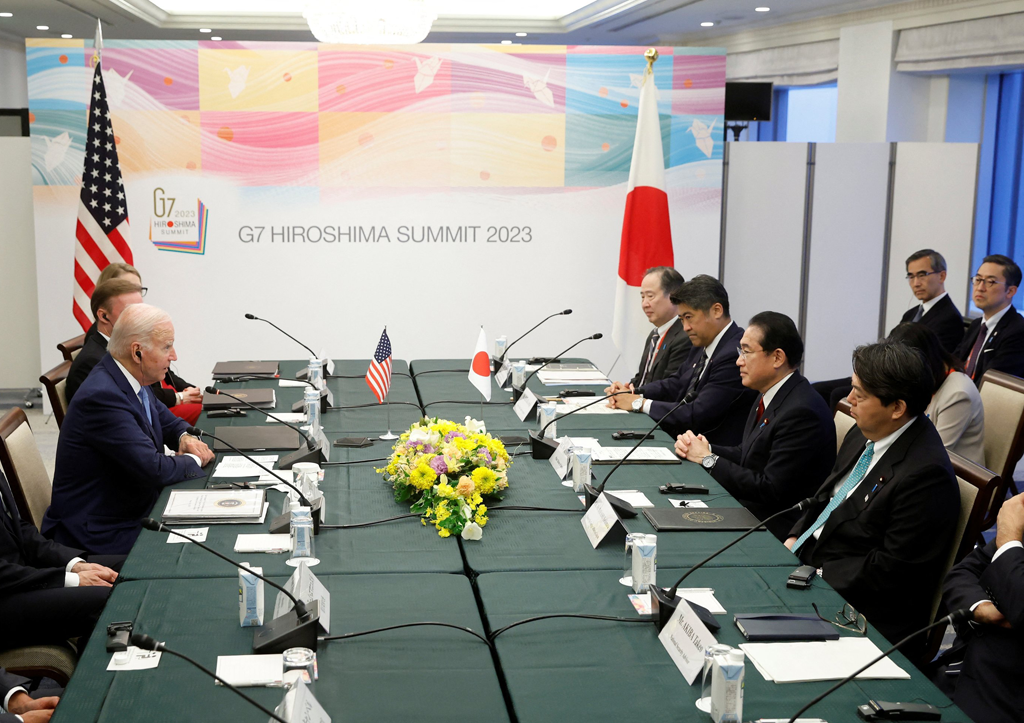
US President Joe Biden and Japanese Prime Minister Fumio Kishida hold bilateral talks on May 18, ahead of the G7 Summit.
The binding elements
Also responding to Thanh Nien, Dr. Timothy R. Heath (senior research expert, RAND Corporation, USA) predicted: "At this summit, the G7 may only reach modest consensus regarding China, due to disagreements about the level of countries' willingness to take risks in dealing with China. They may issue a joint statement criticizing "economic coercion" but probably will not mention China". "Perhaps, more important at this G7 summit will be agreements on strengthening security", Dr. Heath added.
Meanwhile, Professor Stephen Robert Nagy (International Christian University - Japan, scholar at the Japan Institute of International Affairs) assessed: "I believe that the G7 leaders in Hiroshima will make a clear statement on peace and stability in the Taiwan Strait and urge mainland China to act responsibly in its commitment to Taiwan as well as to the region. The G7 will also seek opportunities to cooperate with China on climate change, dealing with the proliferation of weapons of mass destruction, especially the issue of the DPRK, as well as other potential areas of cooperation such as coordinating economic policies to deal with the recession related to the global economic crisis, after the Covid-19 pandemic".
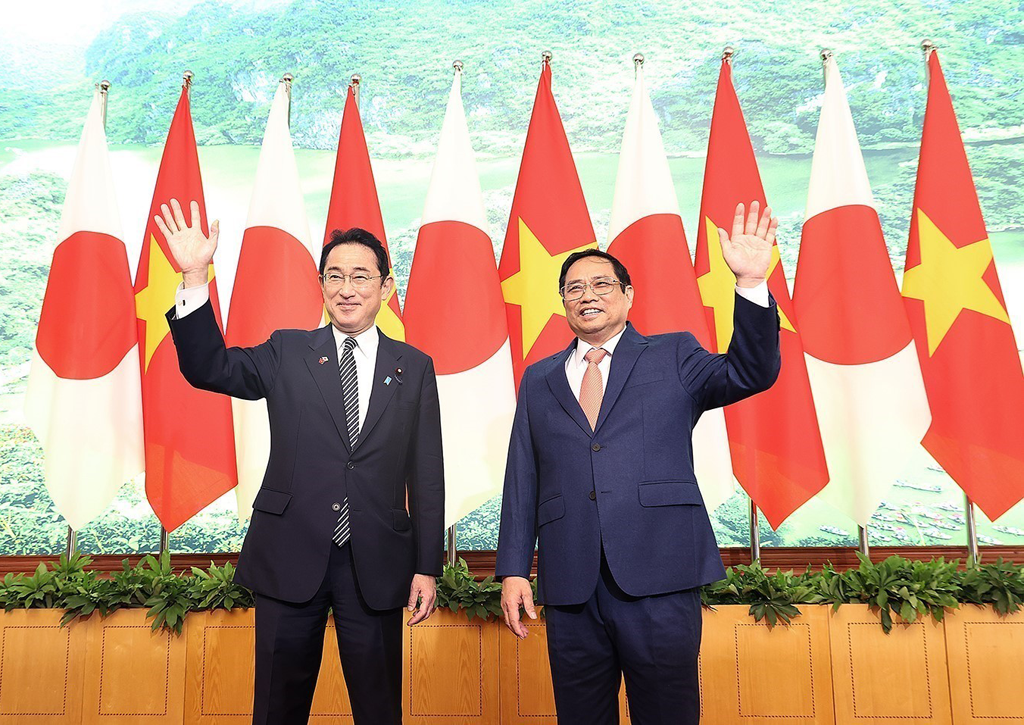
Prime Minister Pham Minh Chinh and Prime Minister Fumio Kishida held talks in Hanoi on May 1, 2022.
According to Mr. Nagy, the G7 group has been relatively weak in recent years. "However, we have seen the group become much more cohesive after Russia's military campaign against Ukraine, and the impact of US policy under President Joe Biden. These developments have demonstrated the group's interests in coordinating economic, financial and diplomatic sanctions against Russia," Professor Nagy analyzed, also pointing out the factors that unite the G7.
Accordingly: "The Belt and Road Initiative (BRI) and China's influence through the global south have also fluctuated. We see more emerging countries questioning BRI investments, seeking more transparency and a rules-based approach to agreements under this initiative. That creates challenges aimed at China's influence in the 'global south' through the BRI".
According to Professor Nagy, both the G7 and China’s influence in the global south is declining relatively, because neither grouping nor both initiatives are providing enough of what the global south needs directly. Meanwhile, Moscow and Beijing are becoming more and more aligned. The EU, the US, Japan, South Korea, Australia and New Zealand understand that the conflict in Ukraine has ramifications for the international order.
"The US under President Biden has demonstrated its ability to lead the West, both as a security partner and a diplomatic leader in rallying many countries to deal with serious challenges to the international order. Europe realizes that it does not have the security tools to deal with Moscow, so it needs to coordinate closely with the US. In addition, the US has the resilience, flexibility and economic dynamism, so the EU cooperates more closely with the US," Professor Nagy analyzed.
In the Indo-Pacific region, he said that the factor that binds the G7 with some partners is concern about risks. He commented: "In terms of diplomatic coordination, Japan and South Korea, Australia, New Zealand, Canada also cooperate with each other on what the US has raised as the possibility of conflict in the Indo-Pacific region around the issues of Taiwan, militarized islands in the East Sea, or the possibility of conflict in the East China Sea and the Senkaku/Diaoyu Islands."
Prime Minister Pham Minh Chinh arrives in Japan to attend the expanded G7 Summit
This morning (May 19), Prime Minister Pham Minh Chinh left Noi Bai Airport (Hanoi) for Hiroshima (Japan) to attend the expanded G7 Summit and work in Japan from May 19-22 at the invitation of Japanese Prime Minister Fumio Kishida.
The G7 group was established in 1976, consisting of 7 countries with advanced industries: UK, USA, Germany, Japan, France, Canada and Italy.
This is the third time Vietnam has attended the expanded G7 Summit.
This time, Vietnam is one of two Southeast Asian countries (Vietnam and Indonesia) participating. In addition to Vietnam, the conference's guests include senior leaders from 8 countries and 6 international organizations. The conference includes 3 sessions, with the following topics: cooperation in handling multiple crises (focusing on food, health, development, gender equality); joint efforts for a sustainable planet (focusing on climate, environment and energy) and towards a peaceful, stable and prosperous world (focusing on peace, respect for international law, multilateral cooperation).
On the occasion of the conference, Prime Minister Pham Minh Chinh will hold talks with Prime Minister Fumio Kishida, meet with Japanese leaders, businesses and friends to discuss directions and measures to create new momentum for the Vietnam - Japan Extensive Strategic Partnership to continue to develop more strongly and effectively. In addition, attending the conference is also an opportunity for Prime Minister Pham Minh Chinh to meet with leaders of other countries and international organizations to promote bilateral cooperation and discuss issues of mutual concern.
Mai Ha
Source link


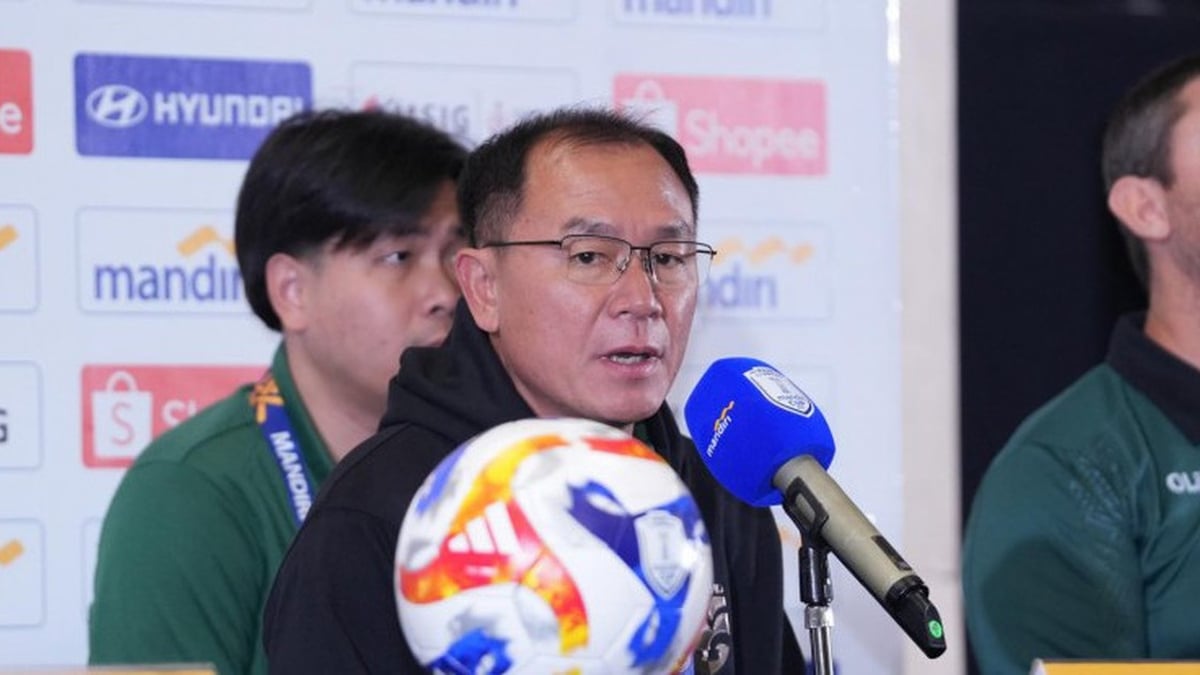



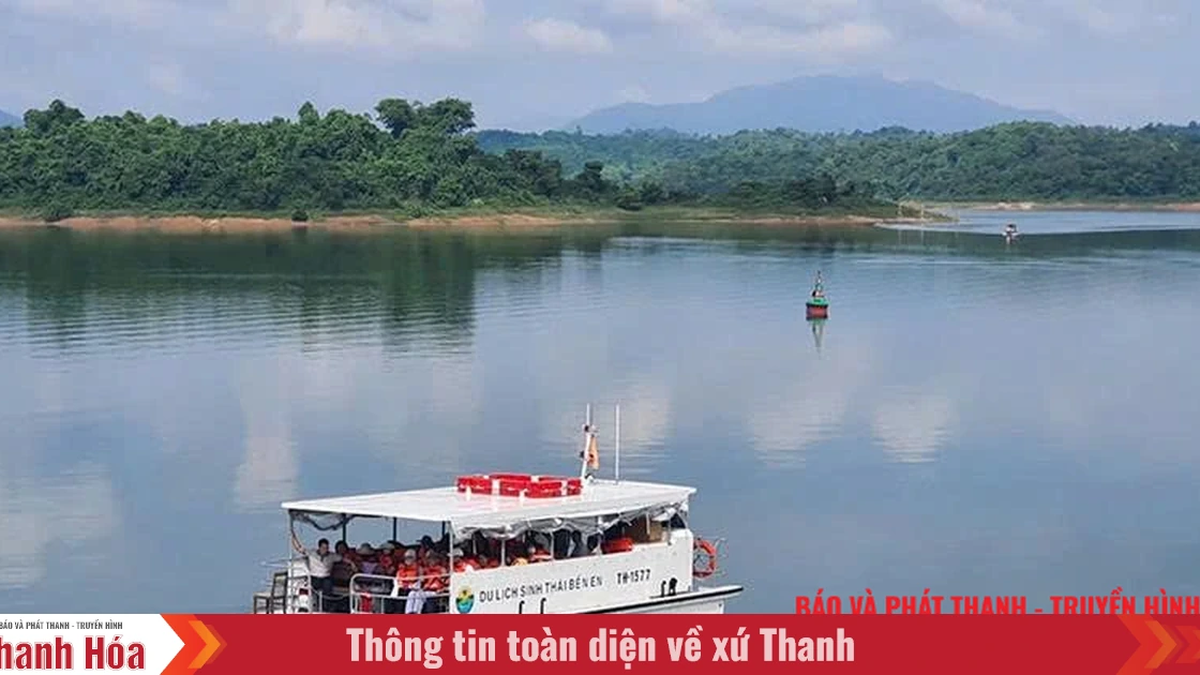
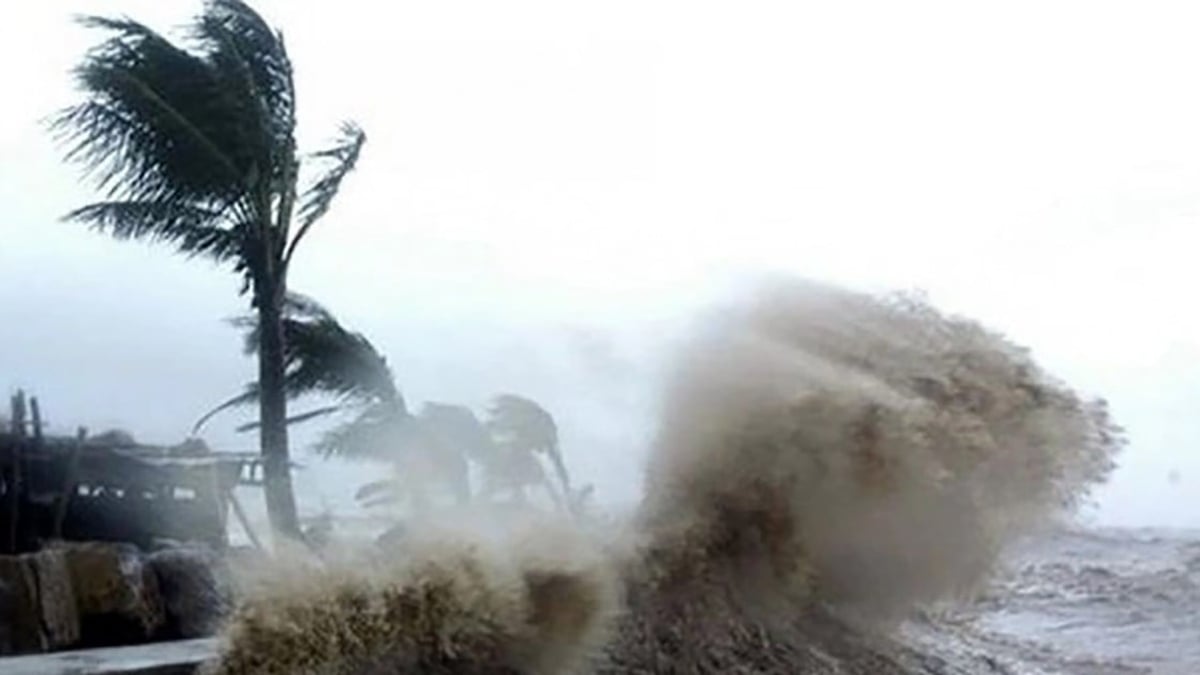
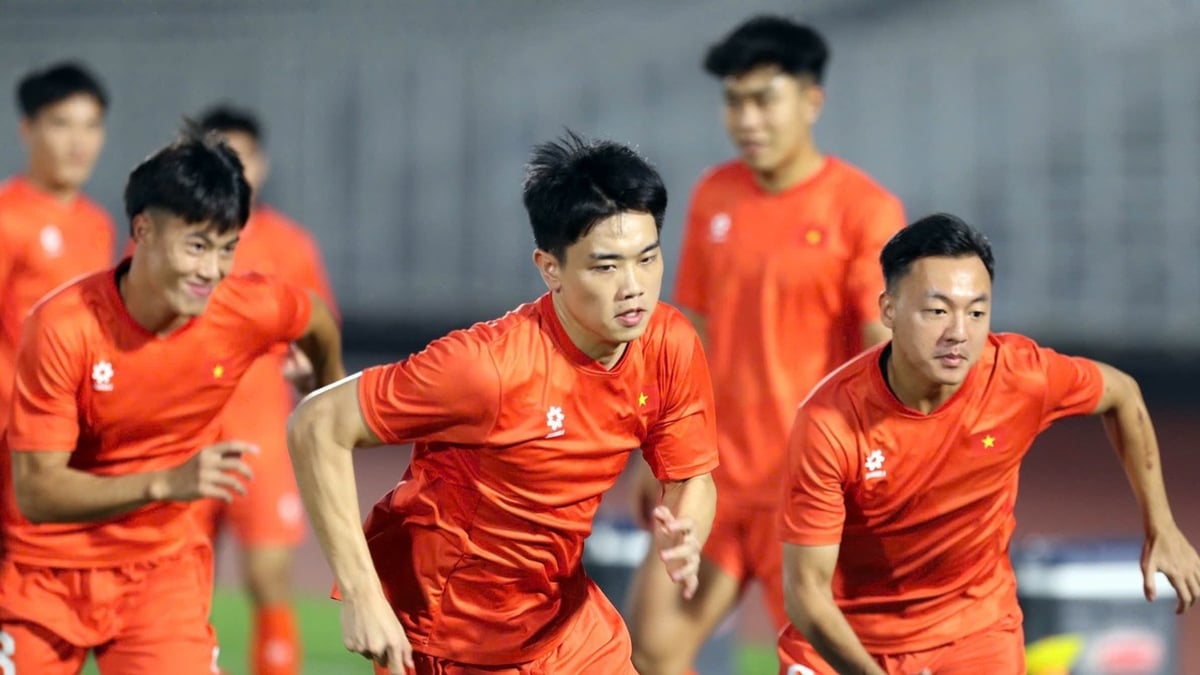

![[Video] More than 100 universities announce tuition fees for the 2025–2026 academic year](https://vphoto.vietnam.vn/thumb/1200x675/vietnam/resource/IMAGE/2025/7/18/7eacdc721552429494cf919b3a65b42e)


















































































![[Infographic] In 2025, 47 products will achieve national OCOP](https://vphoto.vietnam.vn/thumb/402x226/vietnam/resource/IMAGE/2025/7/16/5d672398b0744db3ab920e05db8e5b7d)





Comment (0)